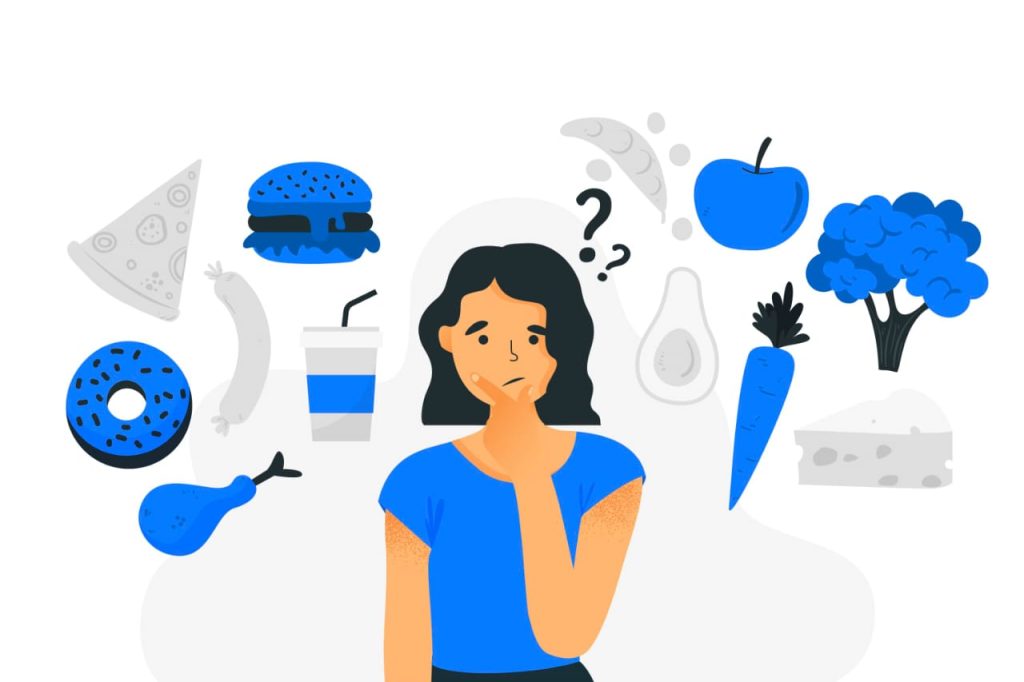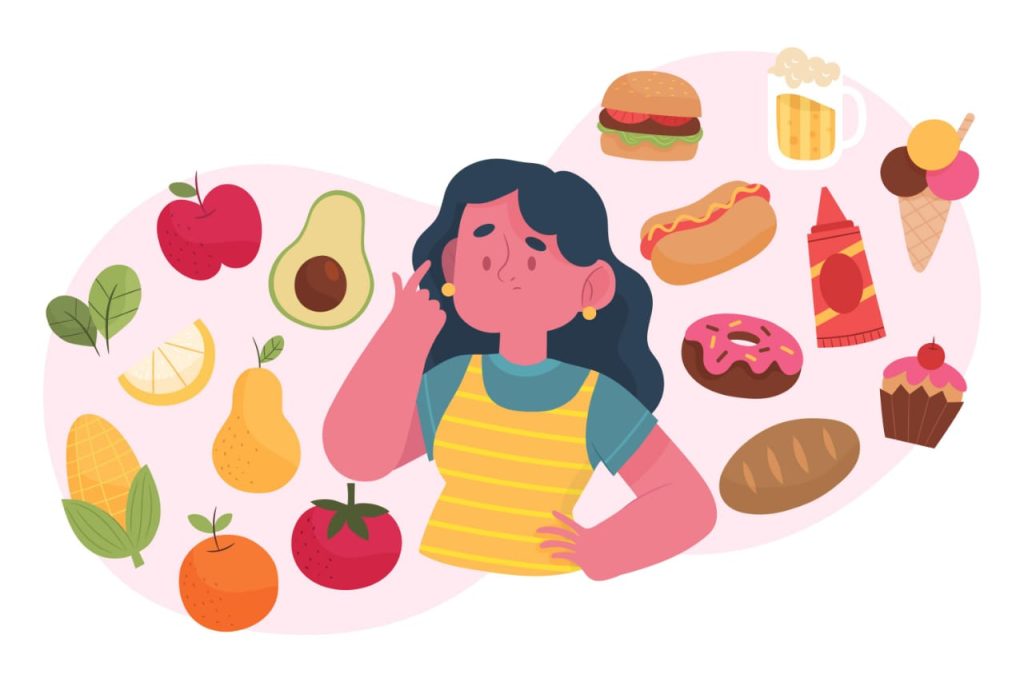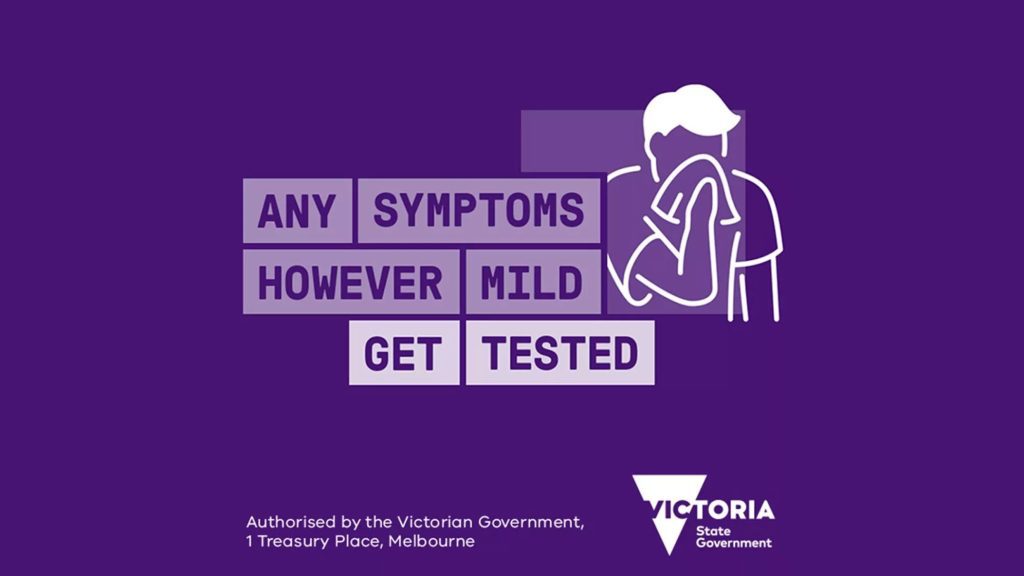The role of nutrition in mental health is enormous and has been described repeatedly by researchers. Nutrition influences the brain and its chemistry for moods, energy levels, and even emotions. Since food contains essential vitamins, taking the right nutrients can impact on our ability to overcome stress factors such as depression and anxiety. On the same note, calorie deficiencies cause mood swings; poor cognitive abilities; and weak or makeup mental health.
Importance of Nutrition in Mental Health
To be able to comprehend the importance of nutrition serves to maximize sound mind health. Micronutrients always have a role playing in regulating the chemical balances and the rest functions of the brain. Below are key nutrients that directly impact mental well-being:

1. Omega-3 Fatty Acids
These fats are important in the diet to support brain health and slashing the likelihood of the symptoms of depression.
Sources: Omega-3 fatty acids found in fatty fish (salmon, sardines), nuts (particularly walnuts), seeds (chia seeds, flaxseeds) etc.
Impact: Omega-3s are essential for controlling inflammation in the brain and are useful in boosting mood as well as increasing emotional solidity in the body.
Fact: Researchers propose that omega-3 lowers the risk of depression and can halve the signs of the illness.
2. B Vitamins
These vitamins; B12 and B6 which are extremely essential when it comes to the creation of neurotransmitters that control our mental health.
Sources: Food such as eggs, cereals, green vegetables and meats.
Impact: Deficiency of B vitamins causes fatigue, poor memory and the subject is more vulnerable to depression.
3. Magnesium
Popularly referred to as the ‘stress-busting mineral,’ magnesium is a mineral that is vital for handling stress and anxiety.
Sources: Raw cocoa, spinach, almonds, bananas.
Fact: According to the Nutritional Neuroscience article, anxiety was considerably lowered in 75% of the participants after taking magnesium supplements.
4. Vitamin D
It is well known in medical practice as sunshine vitamin, is responsible for the regulation of mood and the prevention of the disease known as depression.
Sources: Beverages containing vitamin D such as sunlight, milk enriched with vitamin D, foods with fatty fish and vitamin D supplements.
Fact: Researchers also indicate that a low level of Vitamin D in our body can lead to depression, the risk being 60% higher.
Nutrition in Mental Health: The Gut-Brain Connection
The gut-brain axis highlights the relationship between digestive health and mental well-being. The gut microbiome produces 90% of the body’s serotonin, a key neurotransmitter linked to happiness and emotional regulation.


Prebiotics, such as those found in onions, garlic, and bananas, feed healthy gut bacteria, enhancing their effectiveness.
Probiotic-rich foods like yogurt, kimchi, and kefir help maintain a balanced gut microbiome.
Nutrition and Mental Health: Backed by Research
Scientific data emphasize the connection between nutrition and mental health :
- According to the 2021 review about The Mediterranean eating pattern, whole food, such as fruits, vegetables, nuts, and olive oil had had a 33% lower level of depression than the participants who ate processed foods.
- Consuming too much sugar in food contributes to anxiety by 23% as estimated from this longitudinal study which is published in Public Health Nutrition.
- The consumption of foods in kids can greatly affect their nutrition; children taking high processed diets are 40% more likely to show any ADHD symptoms.
Checkout: How Regular Blood Pressure Checks Can Save Your Life
Practical Steps to Improve Mental Health Through Nutrition
Incorporate Whole Foods
Replace snacks containing processed food with foods that have nutrients such as nuts, seeds and fresh fruits.
Plan Balanced Meals
Breakfast, lunch, dinner and snacks should consist of complex carbohydrates, healthy fats and lean proteins respectively.
Hydrate Regularly
Capacity can be affected even if the individual is not thirsty, so the individual should drink at least eight glasses of water per day.
Supplement Wisely
If getting these nutrients through food is an issue, consider supplements of omega-3s, vitamin D, or magnesium after speaking with a doctor.
Checkout: How to Stay Healthy This Winter: Cold, Flu Prevention Tips
Conclusion: The Role of Nutrition in Mental Health
One of the most basic aspects of mental health is nutrition. Understanding the importance of nutrition and making some corrections in dietary habits can give not only the physical but an emotional and even cognitive benefit. There is strong evidence that connections between nutrition and mental health and that a few simple alterations to the diet can greatly affect mood, attention span, and mental toughness. It is possible to gradually begin adding healthy foods into your diet, and feel and see the change in your mind and body.






